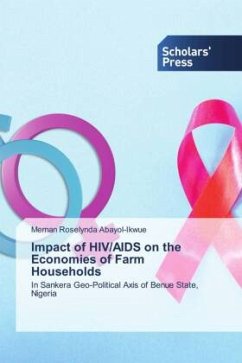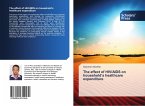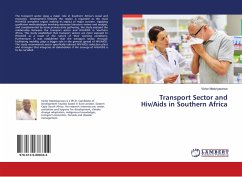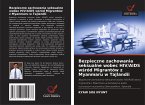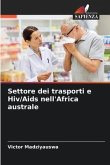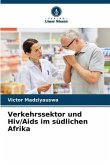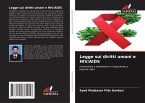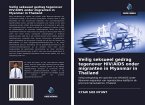This tome empirically explored the impact of HIV/AIDS on the economies of farm households in Sankera geo-political axis. A total of 808 respondents out of which a number of 400 households affected with HIV/AIDS and 408 households not affected with the menace were selected for investigation employing a multi stage sampling procedure. The study was anchored on three propositions; the production theory, human capital theory and the conventional consumer theory. The survey was conducted and data were collected from Katsina-Ala, Ukum and Logo local government areas of Benue State, utilizing structured questionnaires, oral interviews and focus group discussions. The household impact of HIV/AIDS was assessed by means of a cohort study and comparisons were drawn between affected and non-affected farm households. Data collected were analyzed using both inferential and descriptive statistical analytical tools, a paired t-test at 5 percent significant level, as well as a Structural EquationModel (SEM) via Stata Statistical Software, and finally, a Logit Regression Model (LRM) was employed.to estimate the likelihood that, a household witnessed a fall in economic activities due to ill-health.
Bitte wählen Sie Ihr Anliegen aus.
Rechnungen
Retourenschein anfordern
Bestellstatus
Storno

